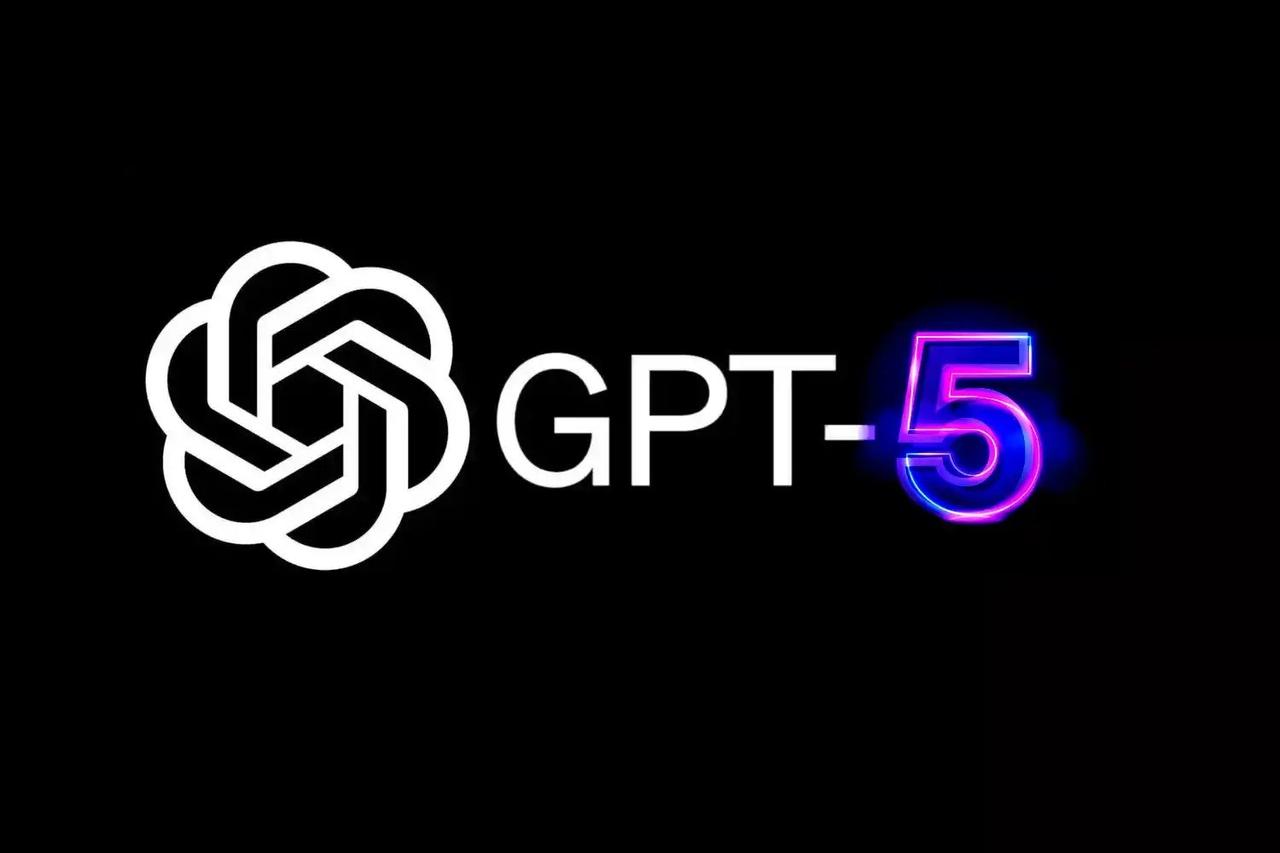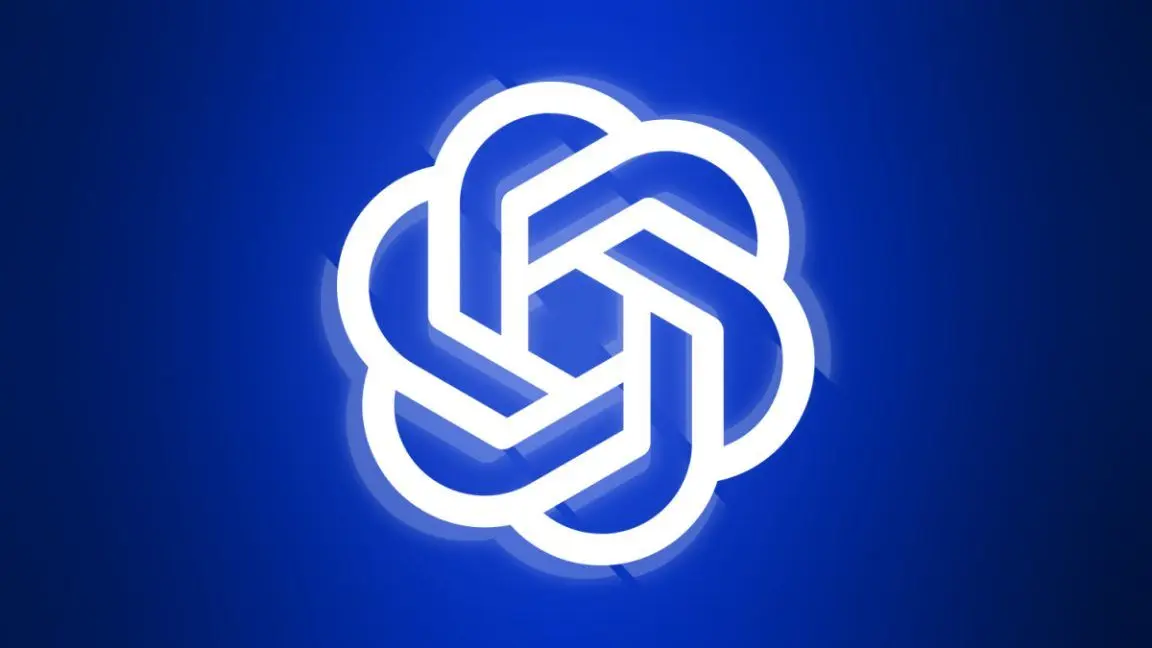OpenAI's GPT-5: Summer Launch, Enhanced Capabilities, and Strategic Shifts
3 Sources
3 Sources
[1]
Sam Altman says next-gen GPT-5 is coming this summer, OpenAI cozying up more with Microsoft
OpenAI CEO Sam Altman says its next-gen GPT-5 model will release 'probably sometime this summer' but mysteriously adds 'I don't know exactly when'. As an Amazon Associate, we earn from qualifying purchases. TweakTown may also earn commissions from other affiliate partners at no extra cost to you. OpenAI is cooking up its new AI model, GPT-5, for later this summer according to CEO Sam Altman. The news of OpenAI's new GPT-5 model came directly from OpenAI CEO Sam Altman during a new company podcast, where Altman said GPT-5 was coming this summer, without being specific on a date. OpenAI is facing increased competition from other AI models, with Business Insider reporting that GPT-5 will be a big upgrade over the current GPT-4 model, with early testers calling it "materially better". OpenAI's main source of revenue comes from enterprise customers purchasing the more powerful version of ChatGPT, with the company's new GPT-5 model aiming to be the next big thing to maintain that momentum. Altman did warn that OpenAI would be taking "a lot of care" to make sure the AI experience is right, where unlike web searches and social media where users expect a certain level of monetization, Altman underlined that modifying ChatGPT's model and its output based on who pays for the ads would be a "trust-destroying moment" for its users. Altman did talk about the idea of showing ads outside of ChatGPT's output stream, but no specifics were given what type of ads would appear, or where, like the sidebar or footer of ChatGPT. Altman explained: "But the burden of proof there, I think, would have to be very high. And it would have to feel really useful to users and really clear that it was not messing with the LLM's output".
[2]
Sam Altman Says GPT-5 Coming "This Summer," As OpenAI Starts Eating Palantir's Lunch And Grows Increasingly Territorial With Microsoft
This is not investment advice. The author has no position in any of the stocks mentioned. Wccftech.com has a disclosure and ethics policy. As the poster child of the ongoing AI gold rush, OpenAI is not only growing increasingly assertive in its dealings with Microsoft, while expanding into the traditional turf of the other major AI player, Palantir, but is also now preparing to unlock another major frenzy cycle by releasing its next big model, the GPT-5, this summer. For the benefit of those who might not be aware, OpenAI has a unique organizational structure, where its non-profit arm retains operational control over its for-profit arm. The AI-focused startup also has a creative investment structure with Microsoft, where the latter has provided $13 billion in funding in return for a 49 percent share in the former's future profit, albeit capped on a cumulative basis. Microsoft also gets 20 percent of OpenAI's revenue and retains the right to use its intellectual property through 2030. However, in what is a testament to its renewed confidence, OpenAI is now pressurizing Microsoft to re-negotiate the terms of their mutual agreement, as per a report by The Information. Specifically, OpenAI wants Microsoft to accept a 33 percent stake in its for-profit arm and give up its claims to the AI startup's revenue, future profits, and IP. This restructuring, if it goes ahead, will pave the way for OpenAI to go public. In another related development, OpenAI is now reportedly undercutting Microsoft by discounting enterprise subscriptions to its suite of bundled AI products. Specifically, OpenAI is now discounting ChatGPT Enterprise by 10 to 20 percent for customers who buy additional products. This development comes as xAI, a major competitor to OpenAI, is reportedly burning $1 billion in cash per month and, therefore, is trying to raise $9.3 billion in new funding, according to Bloomberg. xAI expects just $500 million in revenue this year. Meanwhile, the US Chief Digital and Artificial Intelligence Office (CDAO) has now awarded OpenAI a $200 million, 1-year contract for prototype AI solutions. As noted by William Blair analyst Louie DiPalma, this marks OpenAI's first significant contract from the Department of Defense, where Palantir has usually reigned supreme. Also, on a per-year basis, this marks one of the largest DoD contracts ever. For context, Palantir's largest overall contract - the Maven Smart System program - has an annual recurring revenue (ARR) run-rate of $210 million. Finally, do note that OpenAI's CEO, Sam Altman has just hosted the company's first podcast. In a notable tidbit, Altman has announced that GPT-5 is coming this summer. When asked about the release timeline of the GPT-5 model, Altman said, "probably sometime this summer" but "I don't know exactly when."
[3]
OpenAI's Sam Altman signals summer launch for GPT-5 By Investing.com
Investing.com -- OpenAI CEO Sam Altman says GPT-5 is coming this summer, and it could be the most pivotal AI release yet. The upcoming model is expected to consolidate OpenAI's flagship capabilities, namely GPT-4o's natural language versatility and o3's edge in code and scientific reasoning, into a single, more powerful system. Speaking on the company's newly launched official podcast, Altman hinted GPT-5 may represent more than just a performance upgrade. It could mark OpenAI's first real step toward unified, agent-like models, a move that would bring it closer to the nonprofit's artificial general intelligence (AGI) goal. "I think we are near the end of this current mountain," he said. "I am excited to just get to GPT-5, GPT-6, and I think that'll be easier for people to use." He also teased a potential shift in how OpenAI rolls out future models. Rather than keeping to conventional naming conventions such as GPT-4, 4-turbo, 4o, o3, he floated the idea of ditching major versioning altogether. "Should we just keep calling those GPT-5, right? GPT-4o? Or should we call those 51253?" Altman asked, signaling internal debate over what the next phase of evolution looks like, or what to even call it. That naming confusion isn't just internal. The current model lineup already has users asking which version they should be using, and for what. With capabilities split between multiple variants, even seasoned developers can feel lost. "That's the challenge... even if you're technically inclined," Altman admitted. GPT-5, as described, could simplify that landscape. By incorporating now-standard features like memory, multimodality, and reasoning into a single, integrated system, users wouldn't need to toggle between specialized models. "More sophisticated memory is probably my favorite recent feature," Altman said, highlighting its ability to personalize interactions and boost responsiveness over time. The vision behind GPT-5 isn't just about capability... It's also about positioning. OpenAI is clearly eyeing a future where its models don't just respond to prompts but operate more like digital agents, able to reason, plan, and interact across contexts. That trajectory could bring it into more direct competition with search giants like Google (NASDAQ:GOOGL), which Altman bluntly described as "an ad tech company." Trust, he suggested, could be OpenAI's differentiator. "People have a very high degree of trust in ChatGPT," Altman said. "I think if we started modifying the output... in exchange for who is paying us more, that would feel really bad." While Altman shut down the idea of sponsored responses within the model's output, he acknowledged the business model still needs to evolve. One option? Optional monetization layers that don't compromise model neutrality. "Maybe there could be, like, ads outside the transaction stream... that are still really great," he said. With the launch window now aimed for summer, GPT-5 is shaping up to be more than just another iteration. With a push toward unified intelligence, cleaner user experiences, and deeper integration across tasks, onlookers expect that GPT-5 could become the backbone of a new digital ecosystem.
Share
Share
Copy Link
OpenAI CEO Sam Altman announces the upcoming release of GPT-5 this summer, promising significant improvements and potential shifts in AI model deployment and monetization strategies.
OpenAI Announces GPT-5 Summer Release
OpenAI CEO Sam Altman has revealed that the company's next-generation AI model, GPT-5, is set to launch "probably sometime this summer"
1
2
3
. This announcement, made during OpenAI's first official podcast, has sparked excitement in the AI community and signals a potential leap forward in artificial intelligence capabilities.
Source: TweakTown
Enhanced Capabilities and Integration
GPT-5 is expected to consolidate OpenAI's flagship capabilities into a single, more powerful system. The new model aims to combine the natural language versatility of GPT-4 with the advanced code and scientific reasoning abilities of other specialized models
3
. This integration could mark a significant step towards OpenAI's goal of achieving artificial general intelligence (AGI).Altman highlighted some key features of the upcoming model:
- More sophisticated memory, enabling personalized interactions and improved responsiveness over time
- Multimodal capabilities, allowing the model to process and generate various types of content
- Enhanced reasoning abilities, potentially moving towards more agent-like functionalities
3
Strategic Shifts in Model Deployment
The announcement of GPT-5 comes with potential changes in how OpenAI approaches model versioning and deployment. Altman hinted at the possibility of moving away from conventional naming conventions, suggesting a more fluid approach to model updates
3
. This shift could simplify the user experience, addressing current confusion around which model version to use for specific tasks.Competitive Landscape and Business Strategy
OpenAI's move comes amidst increasing competition in the AI sector. The company is facing challenges from other AI models and is working to maintain its momentum in the market
1
. Additionally, OpenAI has recently secured a significant contract with the US Department of Defense, marking its entry into a domain traditionally dominated by companies like Palantir2
.Monetization and User Trust
As OpenAI continues to grow, the company is exploring new monetization strategies while emphasizing the importance of user trust. Altman stressed that modifying ChatGPT's output based on advertising payments would be a "trust-destroying moment"
1
. Instead, the company is considering alternative monetization methods, such as displaying ads outside the main interaction stream, to maintain the integrity of the AI's responses1
3
.Related Stories
Implications for OpenAI-Microsoft Partnership
The announcement of GPT-5 comes as OpenAI is reportedly seeking to renegotiate its partnership terms with Microsoft. The AI startup is pushing for changes that would reduce Microsoft's stake and revenue claims, potentially paving the way for an OpenAI public offering
2
. This development underscores OpenAI's growing confidence and ambition in the AI market.Looking Ahead
The impending release of GPT-5 is poised to be a significant event in the AI landscape. With its enhanced capabilities and OpenAI's strategic shifts, the new model could reshape how AI is developed, deployed, and monetized. As summer approaches, the tech world eagerly awaits more details on what could be a transformative leap in artificial intelligence technology.
References
Summarized by
Navi
[1]
[3]
Related Stories
Recent Highlights
1
Pentagon threatens to cut Anthropic's $200M contract over AI safety restrictions in military ops
Policy and Regulation

2
ByteDance's Seedance 2.0 AI video generator triggers copyright infringement battle with Hollywood
Policy and Regulation

3
OpenAI closes in on $100 billion funding round with $850 billion valuation as spending plans shift
Business and Economy








